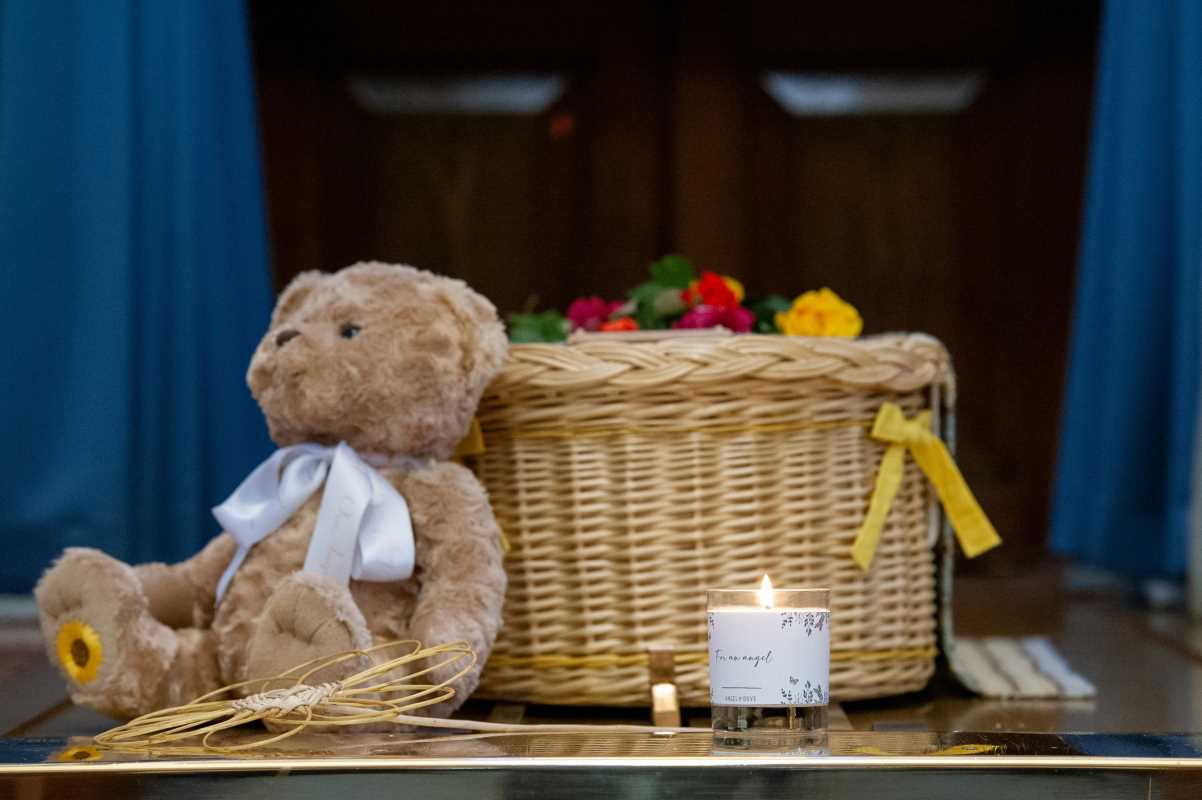The sound of children fighting is a unique and special kind of noise. It’s a symphony of shrieks, accusations, and dramatic sobs that can shatter the peace of a household in seconds. Sibling rivalry is one of the most universal, and universally frustrating, parts of parenting. One minute they’re best friends, building a secret fort together, and the next they’re locked in a heated battle over who gets to use the blue crayon. It can feel relentless, leaving parents to feel more like referees in a never-ending wrestling match than loving guides.
While the constant bickering can be draining, it's helpful to remember that a certain amount of conflict between siblings is not just normal; it's a necessary part of their development. These early squabbles are their first training ground for navigating social relationships. It’s where they learn to negotiate, compromise, stand up for themselves, and forgive. Your role isn't to eliminate all conflict, which is an impossible task anyway. Instead, it’s to act as a coach, giving them the tools they need to manage their disagreements peacefully and build a relationship that will, hopefully, last a lifetime.
Emphasize Teamwork Over Competition
One of the most common fuel sources for sibling rivalry is a sense of competition for parental attention, resources, or approval. To counteract this, it's essential to actively foster a sense of teamwork and shared identity. Instead of framing tasks and activities as individual races to be won, create opportunities where they must work together to achieve a common goal. This shifts their dynamic from adversaries to allies, showing them that they are more powerful together than they are apart.
Incorporate teamwork into your daily family life. This can be as simple as making them a "cleanup crew" responsible for tidying the playroom together or having them collaborate on a creative project, like building a massive Lego castle or putting on a family talent show. When you praise them, focus on their collective effort: "Wow, you two did such a great job working together to get the table set," rather than singling one out. By consistently highlighting their successes as a team, you help them see each other as partners in the shared project of being a family, which can significantly reduce the need to compete.
Act as a Mediator, Not a Judge
When a fight breaks out, the parental instinct is often to rush in, figure out "who started it," and hand down a verdict. The problem with this approach is that it rarely works. You likely didn't see the whole story, and by taking a side, you risk casting one child as the villain and the other as the victim, which only deepens their resentment. A more effective approach is to shift your role from judge to mediator. Your goal is not to solve the problem for them but to help them develop the skills to solve it themselves.
When you intervene, start by calmly separating them if needed and giving them a moment to cool down. Then, bring them together and give each child a chance to explain their side of the story without interruption. Actively listen and validate both of their feelings: "So, you felt frustrated when your brother took the toy you were playing with," and "You were feeling left out and wanted to play, too." Once both sides feel heard, guide them toward a solution by asking questions like, "What could we do to solve this problem?" or "How can we make sure everyone feels included next time?" This process teaches them empathy, problem-solving, and negotiation, skills that are far more valuable than knowing who to blame.
Respect Their Uniqueness and Avoid Comparisons
One of the quickest ways to poison a sibling relationship is to compare them to one another. Phrases like, "Why can't you be more organized like your sister?" or "Your brother always finishes his dinner without a fuss," might seem like harmless attempts to motivate, but they are incredibly damaging. These comparisons create a built-in hierarchy of who is "better" at something, forcing them into competitive roles and fostering deep-seated resentment. Every child needs to feel seen, valued, and loved for who they are as an individual, not in relation to their sibling.
Make a conscious effort to celebrate each child's unique strengths, interests, and personality. One child might be an athletic superstar while the other is a budding artist. Acknowledge and nurture both passions equally. When you give praise, make it specific to the child and their own progress, not how they stack up against their sibling. For example, "I've noticed how much effort you're putting into your reading, and your fluency is really improving," is much more effective than, "You're finally catching up to your sister's reading level." When children feel secure in their individual worth, they are less likely to see their sibling as a threat to their own standing in the family.
- Foster Teamwork: Create tasks and games that require siblings to work together to succeed.
- Be a Mediator, Not a Judge: Guide them to solve their own conflicts instead of solving it for them.
- Avoid Comparisons: Celebrate each child's unique strengths and never compare them to one another.
- Carve Out One-on-One Time: Spend individual, dedicated time with each child to make them feel uniquely valued.
- Establish Clear Family Rules: Set firm boundaries around respectful communication and behavior (e.g., no name-calling or hitting).
Carve Out Regular One-on-One Time
Much of sibling conflict stems from a competition for a parent's time and attention. Even if you love your children equally, it's easy for them to perceive that one is getting more of your focus, especially if there are age gaps or differing needs. One of the most powerful ways to defuse this is to schedule regular, dedicated one-on-one time with each child. This doesn't have to be a grand, expensive outing. It can be as simple as 15 minutes of uninterrupted time before bed or a special trip to the grocery store together.
The key to this special time is to make it consistent and entirely focused on that one child. Let them choose the activity, put your phone away, and give them your undivided attention. This "attention-filling" time reassures them of their secure and unique place in your heart, filling their emotional cup so they don't feel the need to fight for your attention. When a child feels individually seen, heard, and cherished, they are much less likely to view their sibling as a rival for their parent's affection.
Set Clear and Consistent Family Rules
While you want to coach your children toward resolving their own conflicts, it is also your job to set the ground rules for how your family treats one another. There must be clear, firm, and consistently enforced boundaries around acceptable behavior. It's crucial to establish that while feeling angry is okay, expressing that anger through physical aggression (hitting, kicking, pushing) or verbal cruelty (name-calling, insults) is not.
Sit down together as a family during a calm moment and create a short list of "Family Rules for Fighting Fair." Let the kids contribute ideas. These rules might include things like "We use respectful words," "We keep our hands to ourselves," and "It's okay to walk away if you're too mad." Post these rules somewhere visible. When a rule is broken, the consequence should be immediate, logical, and consistent for all children involved. This framework doesn't prevent disagreements, but it teaches them that even in conflict, there is a baseline of respect that must be maintained, protecting both their physical safety and their emotional well-being.
 (Image via
(Image via





